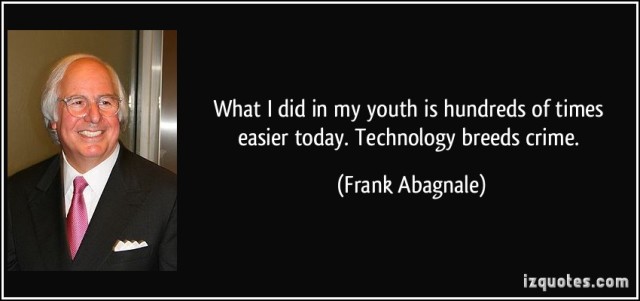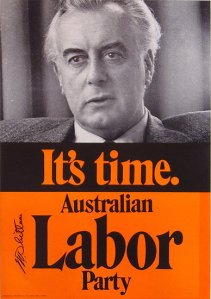To be completely honest, I have not enjoyed attending the movies for the majority of my life.
The movies, cinemas or the ‘pictures’ as my late great Nan used to call it, never appealed to me in the slightest growing up. Yes, I have to admit that I do have some fond memories of walking from my Nan’s unit alongside my brother to see the latest Disney or Pixar creation (in what I still consider was their peak). However, I would have much rather played in the backyard, or stayed at home and partaken in any game or activity that entertains nine year olds. This was the case for many, many years and throughout the most of my youth I always opted for other social activities where possible, that was, until I met Alanna. My high-school and still current girlfriend, she gradually introduced me to her love of cinema, whether it be art house or tacky comedy, and I gradually have become to appreciate and adore the whole experience that accompanies watching a movie at the actual cinemas.
Attending the movies is very much a classic first date template, which to me is confusing as you sit in silence for the majority of the duration of the night, but regardless as an awkward teenager at the beginning of any relationship, I didn’t feel I was in a position to be picky. So going on a date to the movies was just the chosen activity, regardless of my personal preference at the time. Over the years I have discovered adaptions of the whole cinema experiences which are much more suited to myself that I didn’t even know about. These included just the regular art house cinemas such The Dendy and Palace Verona, the Moonlight Cinemas in Centennial Parklands and Ben and Jerry’s Openair Cinemas at Bondi Beach. These combined a few of my loves – music, the outdoors, and of course the movies.
For this specific task of attending the movies (I sometimes cease to wonder why mates crack jokes at us ‘Arts students’), it was a case of convenience. Just the first time that both my girlfriend and I were available, and there was something screening that moderately interested us. Breaking down going to the movies into Hagerstrand’s three constraints, this is how it all went down:
- Capability: Could I get there? Well yes, as I do have the blessing of being able to walk, and access to public transport, this was always going to possible. An additional bonus is that I have a car, so for the sake of convenience I drove to the movies this time. I did have to drive up to Sydney as we live apart, which was slightly time consuming, but the feasibility of attending the cinemas was never compromised.
- Coupling: Could I get there on time? Factoring in that I’m pretty sure I was born late and seem to run slightly behind to every single aspect of my life, I had rostered off work that night and was able to arrive notably “not-too-late”.
- Authority? Was I allowed to be there? Well despite the fact that I may not appear to be and most definitely rarely act like one, technically I am still an “adult”. This enabled me to not only attend the movies, but also arrive home whenever I pleased! (I do what I want now Mum.)
There is a lot of social-based tests associated with attending the movies from the get go. Who’ll drive, will you drive together, where will you pick one another up from, potentially dinner beforehand, the ‘who-will-pay’ dilemma, do you want a drink/popcorn/lollies/ice-cream, where will we sit, how early do you like to sit down, and the list goes on.
After purchasing tickets and the rest of it, choosing where to sit was the next decision to be made. As my girlfriend has horrible eyesight, this decision is generally dictated whether she has her glasses or not. Thankfully as this was no spontaneous decision, the glasses were on person and we could sit up the back! (I’ve always hated sitting up the front of anywhere, having the ridiculously unjustified paranoia of a hundred eyes burning into the back of my head.) Apart from that there wasn’t too many more decisions that arose, apart from whether to join the somewhat impatient people that leave at the first sign of credits, as opposed to the ones that sit back and see if there’s any extras at the commencement of the visual credits.
Whilst torrenting movies may be on the rise, you attend the cinemas for the experience, not convenience. It is entirely different to watching on your laptop at home in bed, and the memory that results from physically attending rather than viewing from home is always going to exceed in your mind, due to all the external factors that come into play as aforementioned. Whilst people are still seeking for social experiences, and awkward teenage boys are still going to be scrambling for date ideas, the movies aren’t going to be phased out any time soon.








